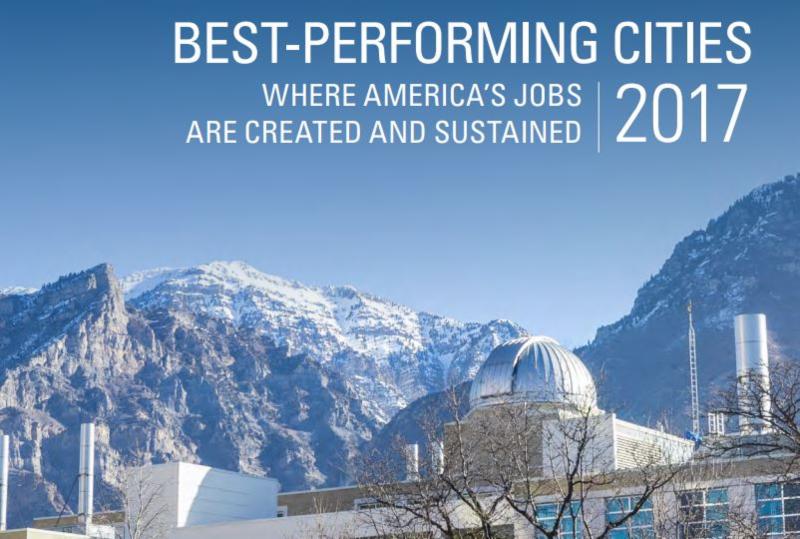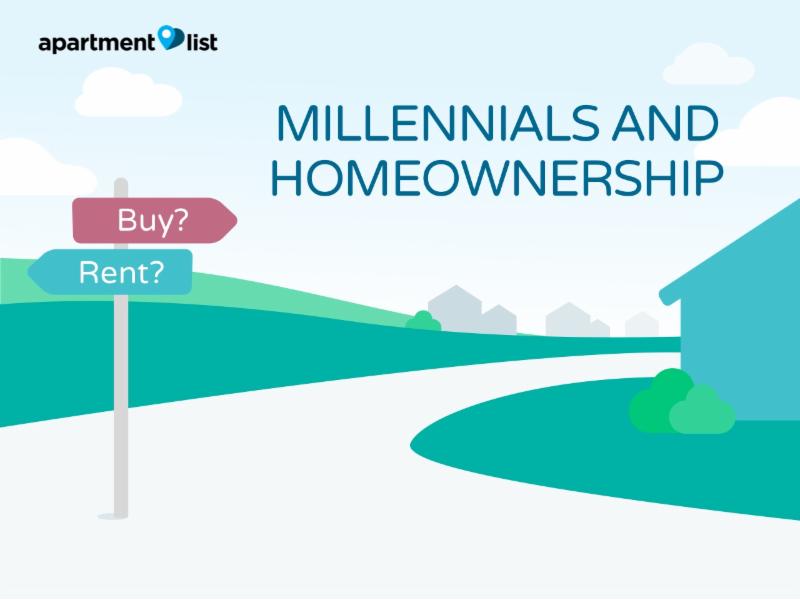Regional Economic News
|
Milken Institute’s Best-Performing Cities 2017
 According to the Milken Institute’s annual Best-Performing Cities rankings, Denver-Aurora-Lakewood, CO, is ranked #23 of large cities. Denver’s large pool of highly educated workers, diversified industries, and efforts to improve its transportation networks (Denver International Airport’s upgrade, focusing on better public transit and more renewable energy vehicles) are factors that will help the metro remain economically healthy in the long run. Provo-Orem, UT, Raleigh, NC, and Dallas-Plano-Irving, TX, are ranked #1, #2, and #3, respectively.
|
|
Best States for Women Entrepreneurs

According to a compilation of data from sources such as the U.S. Census Bureau, Womenable, and the American Express, Colorado ranks #5 as one of the best states for women entrepreneurs. The state has the second most percentage of women-owned firms with paid employees (21.5%) and ranks #11 in the economic clout category. Georgia ranked #1, followed by Florida and Maryland. In addition to percentage of women-owned firms and economic clout, the research takes into account figures such as the percentage of a state’s business revenues coming from women-owned firms, trends in the net number of women-owned firms per day, and the percentage of employees in the state that are working in women-owned firms.
|
|
The Fastest Growing States

Coloradans often hear and talk about influx of new residents to the state. Looking across the U.S., in 2016, Utah experienced the greatest growth, with its population growing by 2.0% (mostly due to natural growth), followed by Nevada and Idaho. Colorado, not too far behind, grew by 1.7%. Domestic migration contributed to most of the state’s rapid growth (for a more detailed and technical information, we recommend visiting theState Demographer’s website). The fastest shrinking states are West Virginia, Illinois, and Vermont.
|
|
Millennials and the Affordability Crisis

This analysis by Apartment List asks the question of what happens when millennials cannot afford to buy homes. The research indicate that the vast majority of millennial renters (79%) want to purchase a home, but affordability is the biggest obstacle, and estimates that renters will need a decade or more before they can afford a 20% down payment on a home. The article breaks down some statistics by location (for instance, 89% of San Diego’s residents and 90% of Portland’s residents say that affordability is an obstacle, and while 79% of Denver’s millennial residents state affordability as an obstacle).
|
